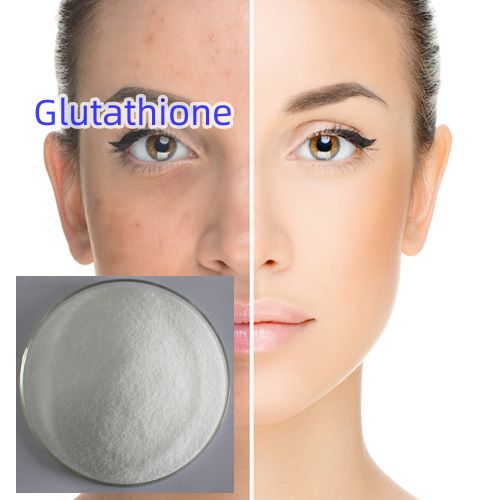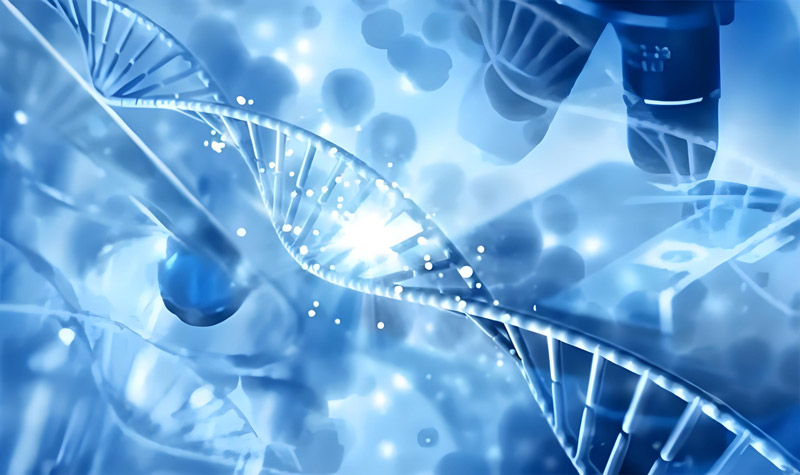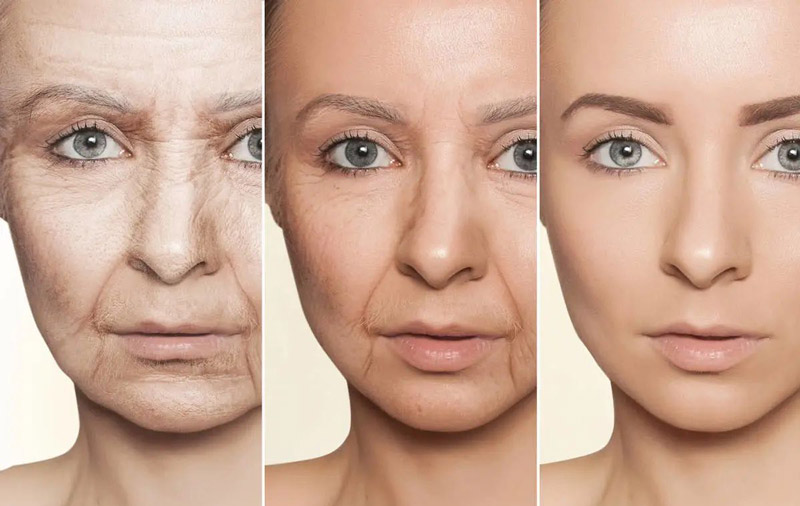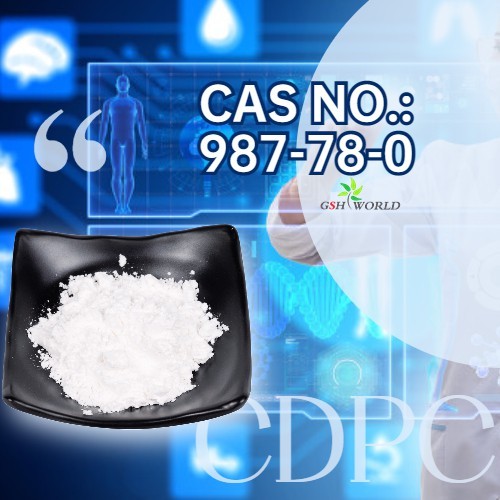Glutathione (GSH) is composed of glutamic acid, cysteine and glycine and is found in almost every cell in the body. Glutathione can help the body maintain normal immune system function, and has antioxidant and integrated detoxification effects, can be used to delay aging, enhance immunity and anti-tumor.
Free radicals are usually neutralized and eliminated by glutathione. But high exposure to radiation can cause glutathione depletion and a decline in defense, which can cause further damage.
Doctors consider antioxidant supplements to protect the skin. The effect of various antioxidants is not the same, but the effect of increasing glutathione is more satisfactory. Glutathione Manufacturer
Professor Baas of the Netherlands Cancer Institute used halogen lamps to make patients' skin sensitive to light. Patients who had taken NAC (glutathione enhancing drugs) in advance had reduced sensitivity to light. Researchers at the Department of Medical photochemistry at the University of Leiden in the Netherlands found that NAC can be taken orally or used on the skin to prevent UV radiation damage.
A French university researcher conducted A study of different glutathione precursors to prevent skin UV-A radiation damage, and believes that any measure that can increase glutathione can reduce UV-A radiation damage.
In a study of UV-B radiation damage conducted by Harvard University in the United States and a university in Japan, animals that pre-lowered their low glutathione levels caused more significant sun damage. After oral esterification of glutathione, a drug that elevates glutathione, this damage was reduced.
Another group of Japanese researchers exposed animals to larger doses of ultraviolet light, and animals that took esterified glutathione beforehand showed a significant reduction in the development of skin tumors.
Researchers at the University of Berlin in Germany looked at the effects of glutathione-S-transferase deficiency on UV-B radiation damage in people. The results showed that people with this genetic defect suffered more pronounced skin damage from UV-B radiation than normal people. Therefore, it can be considered that the sensitivity of people with glutathione S-transferase deficiency to sunlight increases.
Uvb can not only damage the skin, but also inhibit the function of T lymphocytes in the skin and the whole body in larger doses, thus affecting the body's immune function. If the low glutathione level is lowered, then the effect on the immune system is more pronounced. On the contrary, if the body's glutathione level is increased, it can prevent the suppression of immune function by sunlight.
Dr. Steenvoorden of the Drug Research Center in Amsterdam, the Netherlands, demonstrated that increasing glutathione levels protects against UV-B induced immunosuppression using BSO (a substance that reduces glutathione) or NAC.
Case report
Charles, 61, is a Canadian who loves to row. I hope that after retirement, I will have plenty of time to spend on the water, boating to travel to coastal cities. Unfortunately, this tall, handsome and fair-skinned man is particularly prone to sunburn. Despite wearing a hat and the use of sunscreen, his skin quickly became red and swollen in the open water. Doctors were worried about pre-cancer damage to his face from the sun. Charles, meanwhile, started taking glutathione for prostate problems, and after taking it for a few weeks, he noticed a significant reduction in sun damage. After February, water activities almost no longer produce skin redness.
Many skin diseases can cause glutathione deficiency, so the method of increasing glutathione is used to treat some skin diseases. This method is effective in some patients with psoriasis, and it also has this effect on various dermatitis.






